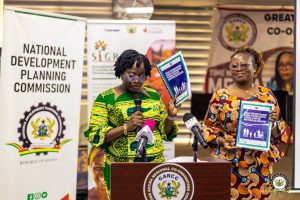
By Buertey Francis BORYOR
The Revised Gender Toolkit, seeking to reinforce the integration of gender equality into Ghana’s national and local development planning, has been launched in Accra.
The revised Gender Toolkit aligns with the National Development Planning Commission’s (NDPC’s) guidelines for preparing sector and district medium-term development plans for 2026–2029. It serves as a key resource for promoting gender-responsive planning in the country.
Additionally, it provides clear definitions of gender concepts, practical tools, and step-by-step guidance for integrating gender at every stage of the planning process.
The toolkit also supports national and district-level institutions in addressing gender gaps and inequalities through more inclusive planning and budgeting.
The initiative is led by the NDPC, in collaboration with the Ministry of Gender, Children and Social Protection and the Ministry of Finance.
It is supported by the Participation, Accountability, and Integrity for a Resilient Democracy (PAIReD) programme.
The programme is commissioned by the German Federal Ministry for Economic Cooperation and Development (BMZ) and co-financed by the European Union (EU) and the Swiss State Secretariat for Economic Affairs (SECO). It is being implemented by GIZ and the Strengthening Investments in Gender-Responsive Climate Adaptation (SIGRA) project.
The ceremonial launch in brought together representatives from the NDPC, the Ministry of Finance, the Ministry of Gender, Children and Social Protection, Regional Coordinating Councils (RCCs), and Metropolitan, Municipal and District Assemblies (MMDAs).
The event highlighted the collective commitment to ensuring that the needs of women, youth, persons with disabilities, and other vulnerable groups are effectively addressed in development efforts across the country.
Development partners in attendance emphasised the importance of integrating gender-related issues into medium-term development plans and budgets.

Speaking at the launch, the Director General of the NDPC, Dr. Audrey Smoke Amoah, highlighted that the toolkit is a deliberate and practical operational manual. She described it as a compass designed to guide the nation in fulfilling its commitment to equity and justice, as enshrined in the 1992 Constitution. She added that the process offers fresh motivation to commit to the conscious implementation of the Affirmative Action (Gender Equity) Act, 2024 (Act 1121).
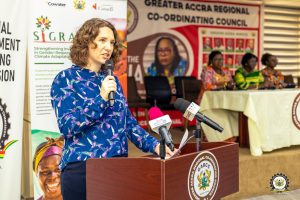
While delivering a solidarity statement, GIZ’s representative and PAIReD Component Manager- Laetitia Erny remarked that the toolkit represents an important step forward. She stated that it brings gender perspectives into sharper focus, not as an add-on, but as an integral part of planning, budgeting, monitoring, and evaluation processes.
She added that by providing practical tools and clear guidance, it supports planning and budget officers, as well as gender desk officers.
“The revised toolkit will help them apply a more inclusive lens to their work and address gender gaps and inequalities in their respective sectors and districts,” she also noted.
Furthermore, she said it aligns with the country’s national development goals and international commitments, including the Sustainable Development Goals.
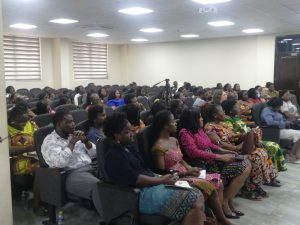
All stakeholders expressed their commitment to supporting MDAs and MMDAs in building a more inclusive, responsive, and impactful planning environment for the country.
About PAIReD
PAIReD supports public institutions in Ghana in implementing citizen-oriented, trustworthy, and accountable governance structures at national and local levels. It works on behalf of the BMZ, is co-financed by the European Union (EU) and the Swiss State Secretariat for Economic Affairs (SECO), and is implemented by GIZ GmbH in partnership with Ghana’s Ministry of Finance.
About GIZ
As a provider of international cooperation services for sustainable development and international education work, GIZ is dedicated to building a future worth living around the world. GIZ has over 50 years of experience in a wide variety of areas, including economic development and employment, energy and the environment, and peace and security. Currently, it promotes sustainable development in Ghana through about 50 programmes and projects.
About SIGRA
SIGRA is a five-year project funded by Global Affairs Canada and implemented by Cowater International. The project seeks to improve the resilience of the country’s citizens, particularly women, girls, and other vulnerable groups, by increasing investments in inclusive and gender-responsive climate adaptation initiatives, while applying GAC’s Feminist International Assistance Policy.
The post Revised Gender Toolkit to strengthen equality in development planning appeared first on The Business & Financial Times.
Read Full Story
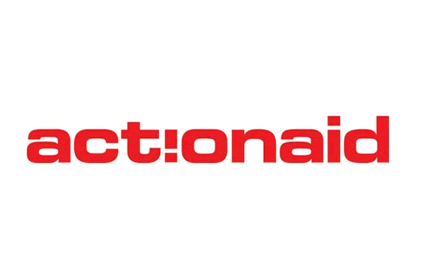
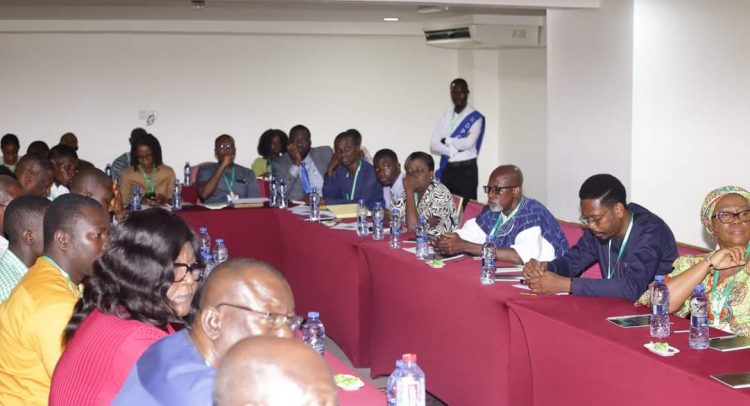

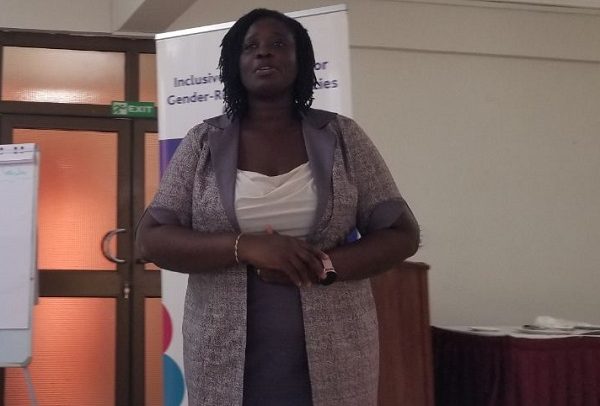
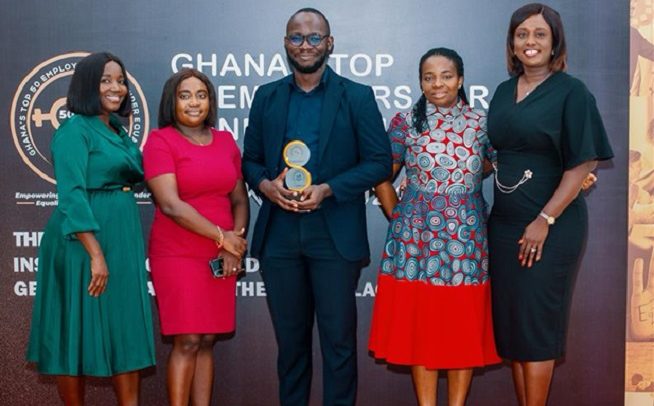
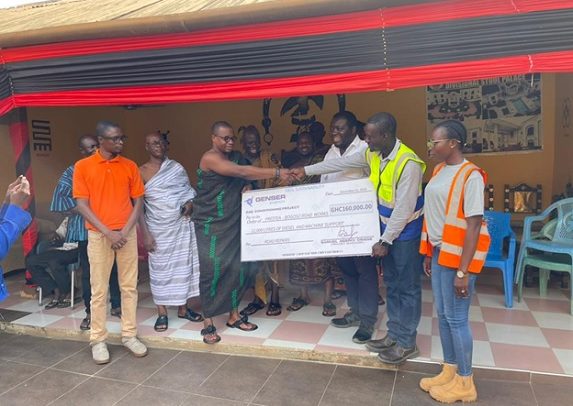
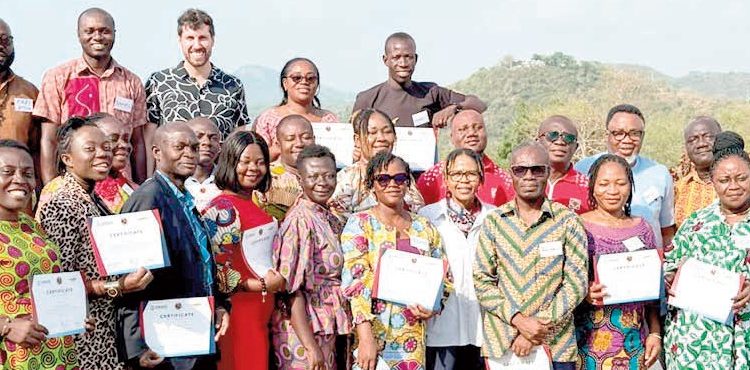
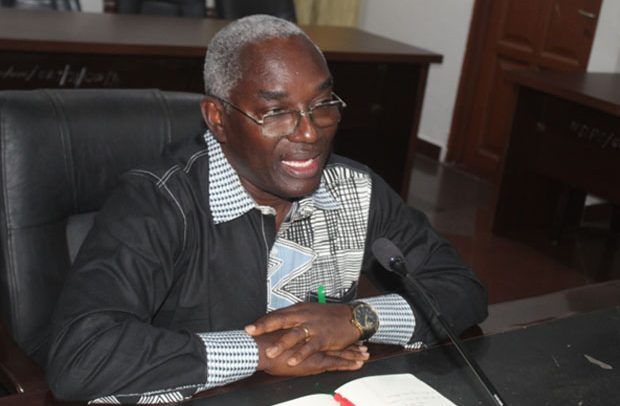
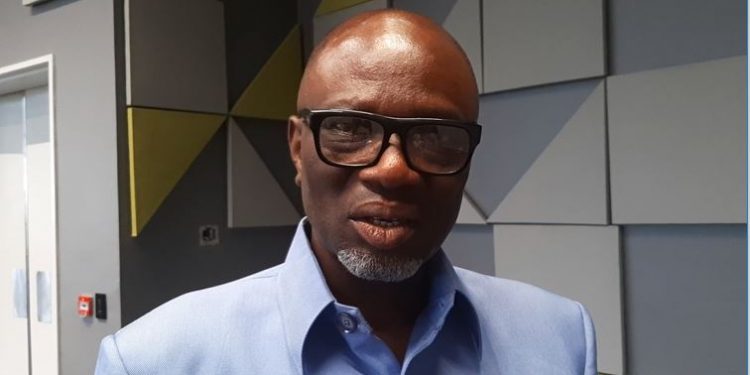

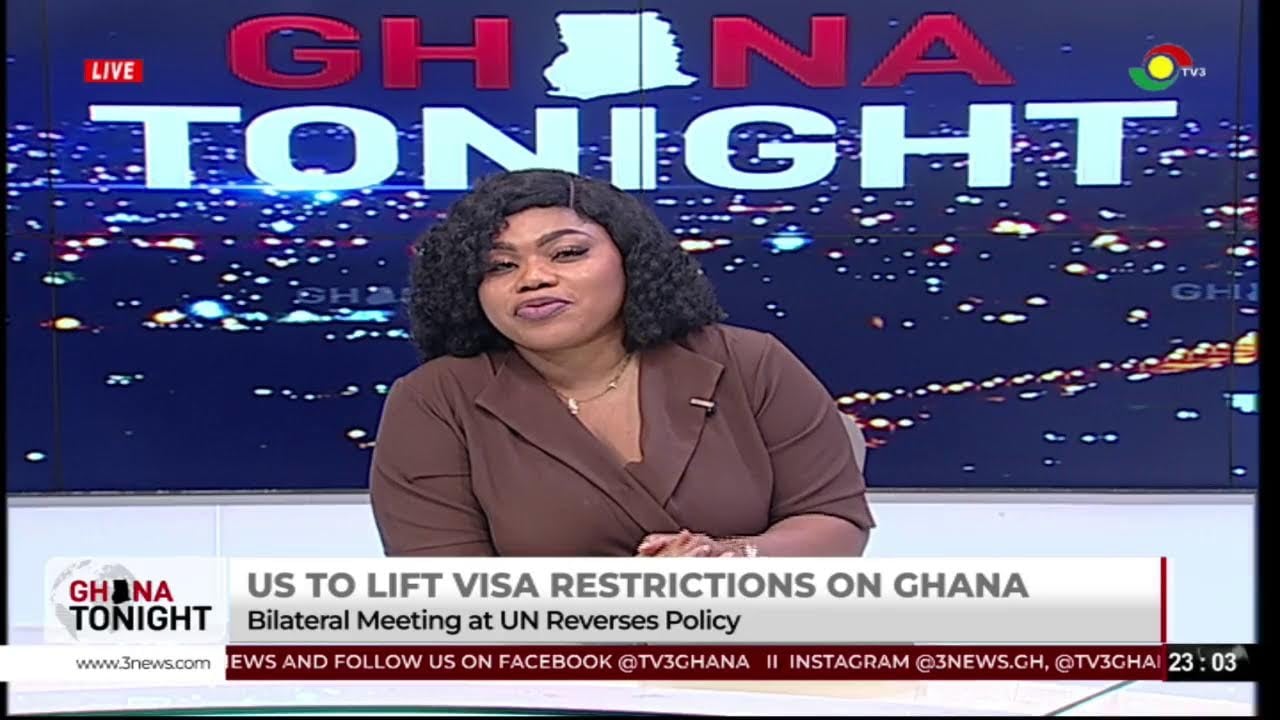





Facebook
Twitter
Pinterest
Instagram
Google+
YouTube
LinkedIn
RSS